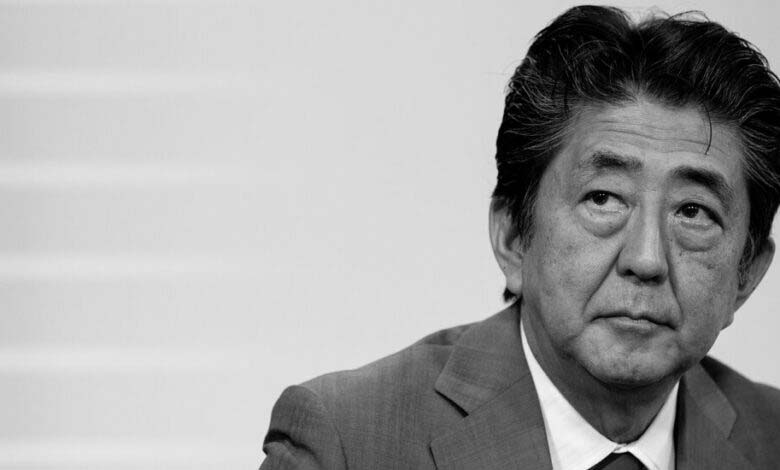
002 : Shinzo Abe Leadership Style Analysis Of Japan Foreign Policy Toward The Rise Of China

Source: La Neta Neta
Also available at Medium
Japan and China Relationship
Shinzo Abe was a prime minister of japan who famous with his ‘Abenomics’ policy. Meanwhile in the world of international relations, Abe was known of his ‘willingness’ to conduct rapprochment with China, which we knew that Japan and China doesn’t really have good relationship.
Relations between Japan and China are not always smooth in the context of Japan's relations with China. Because of Japan's aggressive behavior during World War II, China had to break diplomatic relations with Japan, and historical problems between the two countries began to emerge, such as the case of Yasukuni Shrine and Comfort Women.
Japan's relationship with China exhibits the phenomenon known as cold politics, hot economics (seirei keinetsu), which means that Japan's economic interdependence with China is growing. Nonetheless, in a political context, Japan is attempting to achieve stable conditions with China due to historical conflicts without jeopardizing the two countries' economic cooperation.
Except for Tanaka Kakeui, Japanese prime ministers were rarely involved in China policy or diplomatic relations prior to the occurrence of Japan's central government reforms in 2001. This has changed since Prime Minister Koizumi Junichiro (2001) decided to re-establish serious diplomatic relations with China, despite the fact that the effort had begun in 1972.
In the 2006-2007 period, the Shinzo Abe administration demonstrated the continuation of Junichiro's desire for normalization of bilateral relations with China, as demonstrated by Abe's arrival in Beijing in 2006, which was referred to as the "ice-breaking" relationship between Japan and China. Despite the fact that several factors constrain Japan-China relations during the Abe administration, Abe remains committed to rapprochement with China.
Margaret G. Hermann's Leadership Style Concept
According to Hermann (2001), there are four leadership styles: crusader, strategic, pragmatic, and opportunistic.
- The Crusader type will challenge the constraint and be closed to information, implying that they will act according to their beliefs.
- strategic type will respond to the challenge of restraint and openness to knowledge by gathering all information that will assist them in achieving their goals.
- Pragmatic leaders will respect the constraints and will be closed to information.
- The opportunistic type is the polar opposite of the crusader; they will respect constraints and be open to information; they will not jeopardize their own country by ignoring other countries that affect it.
- Crusader leaders are either expansionists or evangelists. Expansionism indicates that the leader is concerned with expanding power and influence, whereas an evangelist is a relationship-focused personality who is concerned with persuading others.
- Strategic leaders are motivated by incremental or charismatic factors. Incremental is concerned with problem-solving and avoiding constraints that limit the leader, whereas charismatic is concerned with completing their agenda while involving others.
- Pragmatic leaders motivation is directive or consultative. An advisor is focused on what other countries need or what happens in their countries, whereas a directive is focused on the leader's perspective on solving the problem.
- Opportunist leaders are motivated by reactive or accommodative factors. Reactive focus is on what might be done when a problem arises by taking into account the opinions of other actors, whereas accommodating focus is on overcoming differences with other actors.
Analysis
According to Margaret G. Hermann's (2001) concept of leadership style, Abe exhibits constraint-responsible behavior. In this case, the constraint is China's rise. Abe's actions demonstrate that he is continuing his efforts from the previous term, which is consistent with his commitment to improving bilateral relations with China. Meanwhile, in the context of openness to information, Abe is open to information because he is listening to the MoFA's suggestion on his proposal to continue trying to make peace with China, as well as the fact that Abe has decided to make it his goal to become Prime Minister. According to Hermann, if the decision-maker respects constraints and is open to information, he is an 'opportunist' type of leader.